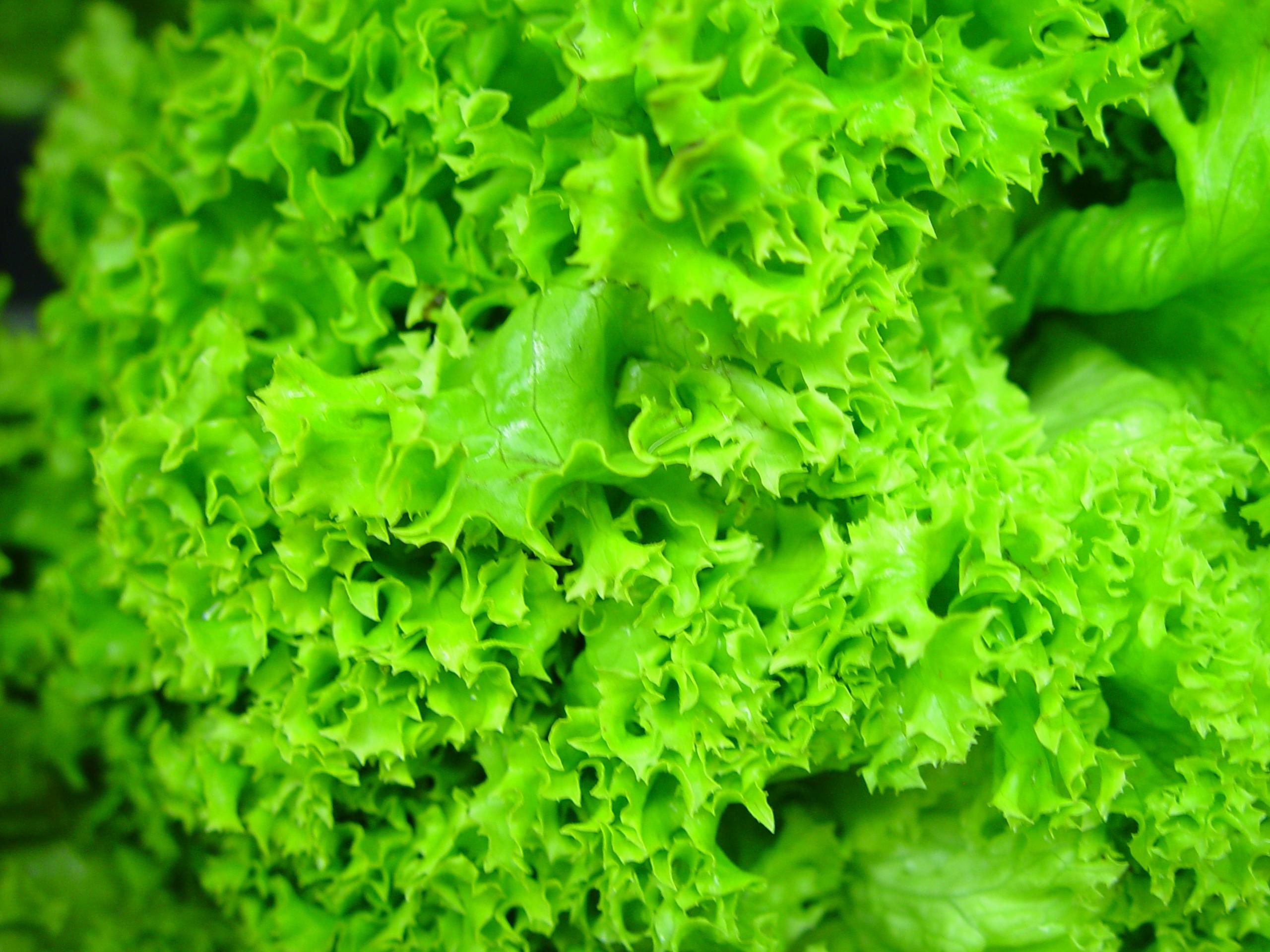Hydroponics is a technology for growing terrestrial plants with their roots in nutrient solutions (water with dissolved fertilizers) rather than soil. hydroponic production is not mentioned in the organic foods production act (ofpa) of 1990; however, in 2010 the national organic standards board. Hydroponic fodder is organic or inorganic. before starting on this topic we will first understand the basics of what is organic or inorganic; when we talk in chemical terms , compound which consist of carbon(c) and hydrogen(h) are organic in nature and compounds which do not contain carbon(c) atom are inorganic compound. this is not fixed in all cases , there are number of exceptional cases in it.. The idea that hydroponic crops might be organic, says civil eats, is “causing considerable distress among the many farmers who believe the u.s.—like elsewhere around the world—should forbid organic certification of food grown in anything other than soil.”.
In a nutshell, organic hydroponics is not nutrient dense food and is basically a waste of money! the essential problem with hydroponic farming arises through its use of a mineral based solution to grow and nourish the plants instead of soil.. Organic produce is perceived as more desirable and, therefore, more valuable than hydroponic or hydroponic organic produce. growers using a hydroponic organic system will market their produce as being organic because that will command a premium price in most markets.. Hydroponic and organic produce offer shoppers alternative choices for purchasing fresh vegetables. the philosophy of either growing method recognizes the importance of nutritional value and safe foods. both methods minimize the environmental impact of farming, giving you an additional reason to.
